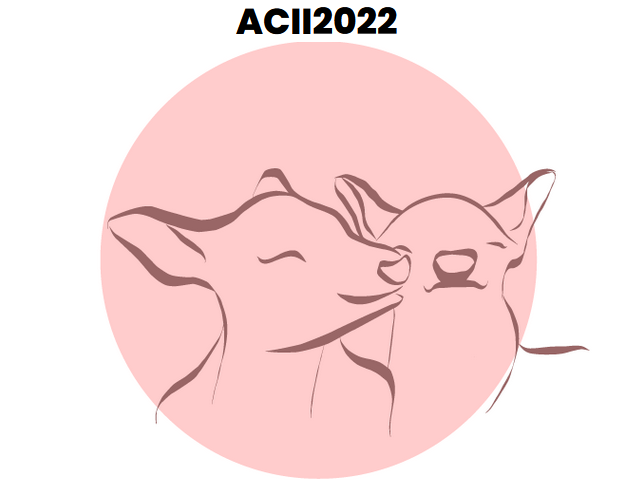|
|
Short Description: A series of motion-capture recording sessions held at Casa Paganini on May-August 2019. The objective is twofold: (i) to investigate novel experimental setups, and (ii) to collect movement data on expressive movement qualities to prepare the demos at the "A Tempo!" and "STARTS" events at the EU FET Week and the Festival della Scienza.
|
|
Long Description: Creating socially just Artificial Intelligence (AI) and Machine Learning (ML) for the inclusion of all people is critical for the future of humanity, and the sustainability of the planet. Applications for health and education permeate all spheres of life and increasingly use AI/ML to power them. These services are often mediated by increasingly intelligent agents and systems. A cross-cutting theme in many solutions is the personalisation of experience powered by ML/AI. Personalisation is an excellent example of the opportunity and challenges of AI. Such an approach has been used to create Open Learner Models (OLM). OLM facilitates self-regulated learning in learners [1] while triggering reflection, planning and other meta-cognitive activities while also communicating to stakeholders beyond teachers [2]. Personalisation has also demonstrated value to the healthcare system, and to people with chronic mental and physical conditions. [3], [4] show a human-centric AI approach can help reduce the burden on much stretched healthcare systems. Furthermore, individual’s needs, which are personal (i.e. each individual having a distinct combination of symptoms and needs) can be incorporated allowing a level of user- expert experience to drive care. These demonstrate the opportunity for humane AI.Read more at: Tutorial website... |
|

